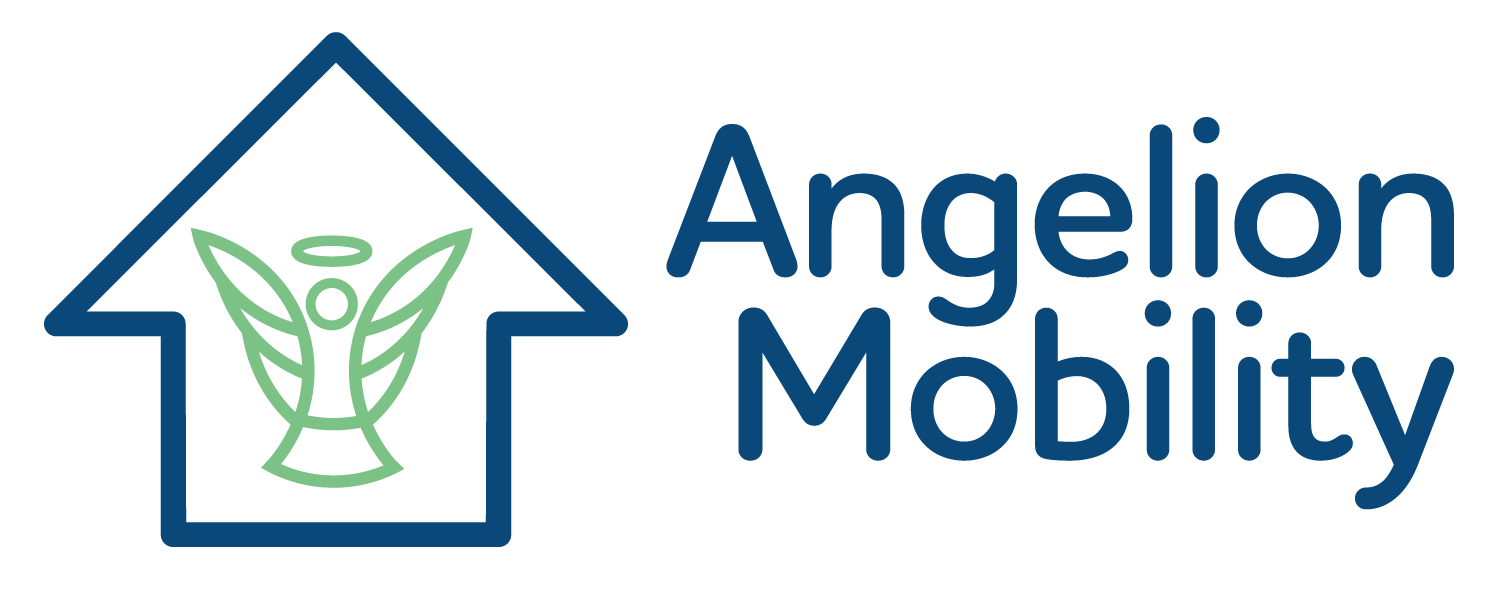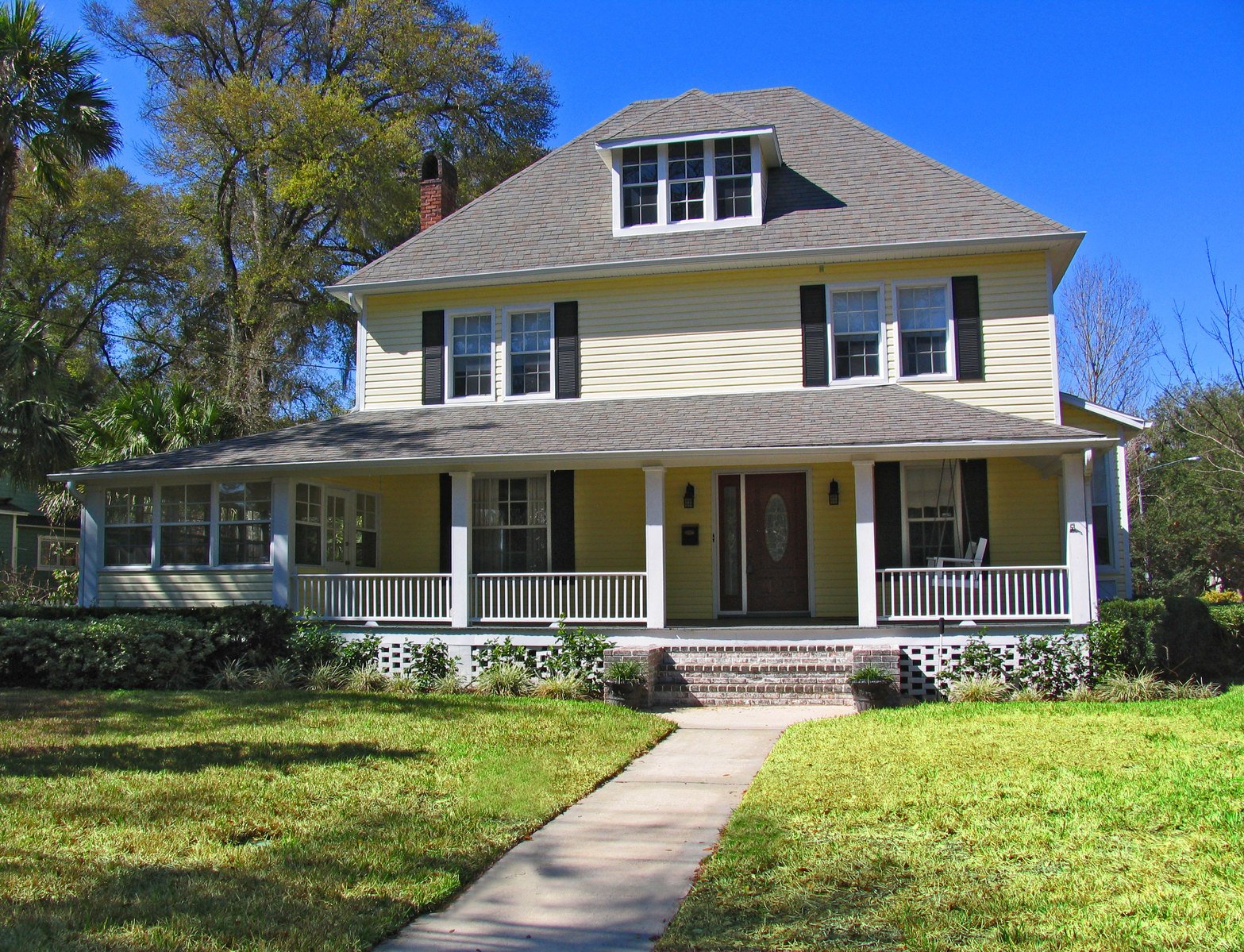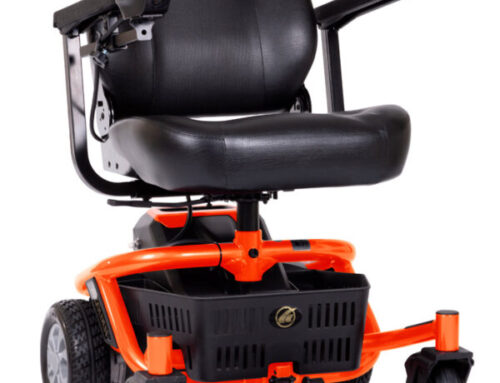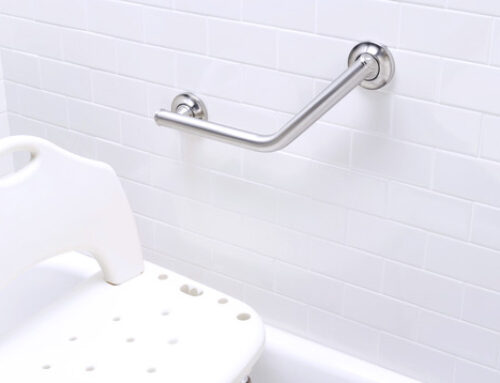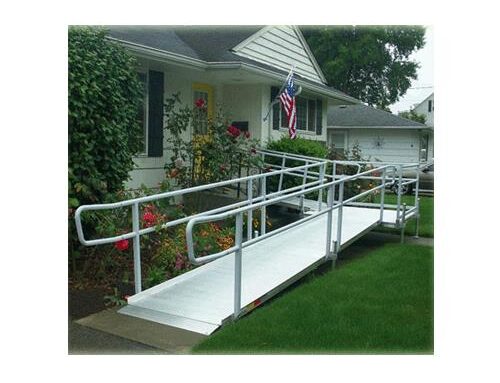One in three adults over the age of 65 fall each year. 20-30% suffer injuries that make it hard for them to get around or live independently. Older adults are hospitalized for fall-related injuries five times more often than they are for injuries from other causes.
In most cases, the clients that call us have been encouraged to do so after a fall of an aging loved one. When our Mobility Concierge goes to the home to conduct a complimentary home safety assessment, we look at the whole picture. If there was a fall, what may have caused the fall? Is it something that could have been prevented? Did the client trip and fall? Are they in an unsafe situation due to their limitations in the home? Is there a diagnosis that will result in a health decline in a near future? Once we spend a little time with the client and their family, we can help suggest solutions to help the client have safe access to their home. But what if we could be proactive to help prevent a loved one from falling? The truth is-we can!
Whether it is a proactive fall solution or a reactive fall solution, our goal is always to help the client live a life without limitation and stay as independent as possible for as long as possible in their own home. Here are some ways to be proactive to prevent falls in the home:
- Use a cane or a walker to steady yourself when getting up.
- Stand up slowly after eating, lying down or resting. Getting up too quickly can cause your blood pressure to drop which can cause you to faint.
- Wear rubber-soled or low heel shoes that fully support your feet. Avoid wearing socks or smoot bottomed slippers or shoes.
- Hold the handrails when you use the stairs and install grab bars in your bathroom.
- Do not stand on a chair to reach items on tall shelves. You may have to rearrange the kitchen to avoid having things out of reach.
- Consider a personal medical alert system. These units can bring you and your family a peace of mind.
- Ask your doctor about a bone density test. This will help determine how strong your bones are and help you know if you are high risk for breaking bones.
- Regular exercise can help keep you strong. It also helps keep your joints, tendons, and ligaments flexible. Speak with your doctor about programs that may be right for you.
- Be sure to have your vision and hearing tested. Even small changes in your site and hearing can make you less stable.
- Discuss your medications with your pharmacist to be sure you do not have multiple medications that affect coordination and balance.
- Learn about how power wheelchairs and scooters can be great options to stay more independent outside the home.
- Look into ramps and stairlifts to keep your home accessibility in place. Bedroom upstairs? Consider a stairlift to prevent falling on the staircase. Are the outdoor stairs becoming challenging? There are ramps to make every porch accessible.
- Consider a recliner lift chair when getting up from your favorite chair or couch gets difficult.
- Once you determine that taking a shower or accessing your bathroom is a challenge, modify your bathroom with options that fit your budget.
These are just a few things to be mindful of as we age. Reach out to your Mobility Concierge at Angelion Mobility by calling 609-759-1261 to schedule your complimentary home safety assessment or to discuss some ways you can prevent falls in your home and live a life without limitation.
